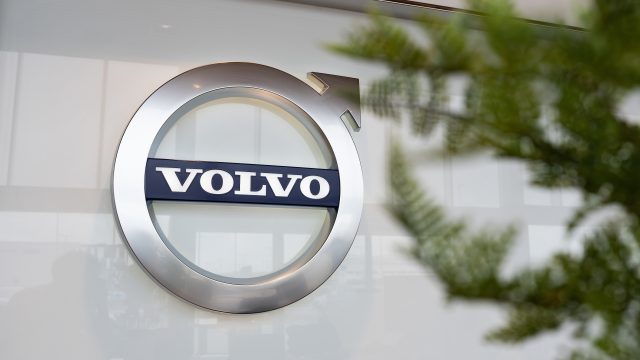Volvo Cars saw sales rise to 60,398 worldwide last month – a 31 per cent increase versus May last year.
The upswing from 45,952 was mainly thanks to its fully electric cars, it said, which enjoyed a 196 per cent rise from 3,652 to 10,826.
European sales for May reached 26,272 cars – an increase of 40 per cent compared with May 2022.
Sales were up 49 per cent to 14,121 in China, while in the USA they rose by 14 per cent to 10,723.
The Swedish manufacturer said May 2022’s sales were hit hard by lower production because of last year’s supply chain constraints.
For the first five months of 2023, Volvo Cars sales reached 275,312 units – up 14 per cent compared with the same period in 2022.
Sales of its Recharge fully electric and plug-in hybrids rose by 55 per cent 15,445 to 23,967 in May, accounting for 40 per cent of all Volvo cars sold globally during the month. The share of fully electric cars stood at 18 per cent.
Volvo’s XC60 was its top-selling model, shifting 18,052 units versus 2022’s figure of 15,117.
That was followed by the XC40 with total sales of 17,596 cars (2022: 12,097 units) and the XC90 at 9,058 cars (2022: 8,790 units).
The good news for Volvo comes on the heels of it announcing swingeing job cuts last month, with some 1,300 office-based posts in Sweden targeted as a result of cutting costs.
It also announced that it would be delaying the start of making its fully electric EX90 as it needed to carry out more software development and tests.

































